
Press Release: Consumer Alert: Wasden Issues Warning over Charitable and Attorney Solicitations Following Rigby School Shooting
By Press Release • May 21, 2021The following Press Release was sent out by Idaho Attorney General Lawrence Wasden on May 20:
(Boise) – Attorney General Lawrence Wasden is warning Idahoans about scam fundraisers related to the recent shooting at Rigby Middle School. Victims and their families also should be cautious if they receive legal representation solicitations about filing lawsuits or joining potential class actions.
Idaho’s charity laws prohibit misleading charitable solicitations and authorize the Office of the Attorney General to investigate and bring legal actions against organizations or people who misrepresent the purpose of charitable donations or who misuse charitable assets. Consumer protection laws help protect Idahoans from deceptive advertising of goods and services, including legal assistance.
Advertisement“Unfortunately, some people take advantage of tragedies to exploit victims’ pain and capitalize on the public’s generosity,” Wasden said. “I encourage individuals to file a complaint with my office if they become aware of suspicious fundraising attempts or misleading legal solicitations.”
Donors who have lost money or who want to report a scam charity, solicitation, or legal representation advertisement may file a complaint through the Attorney General’s website at www.ag.idaho.gov, or by calling the office’s Consumer Protection Division at 208-334-2424 or 1-800-432-3545 (toll free in Idaho).
Shootings nationwide have prompted scores of lawsuits, including class actions. Within days of these tragedies, victims or their families may be pressured into signing representation contracts.
AdvertisementAttorney solicitations are governed under the Idaho Rules of Professional Conduct for lawyers, which recognize that targeted in-person, telephone, or real-time electronic communications of potential clients can be abusive. Lawyers may not solicit professional employment through such methods unless the person contacted is a lawyer or has a family, friend, or prior professional relationship with the soliciting lawyer.
Written communications soliciting professional employment must be marked as “Advertising Material.” Advertising that misrepresents the sender’s qualifications, the purpose of the ad, or the status or effect of a legal action violates the Idaho Consumer Protection Act and should be reported to the Attorney General.
When deciding whether to donate money to a charity or contribute towards a fundraising campaign, donors should consider the following tips:
Advertisement
- Research before giving. Important background information about charities is available online. Donors can review the charity’s tax-exempt status and IRS financial filings at www.irs.gov. Financial records inform the public about a charity’s mission and show how a charity spends its money. Giving to an organization that spends most of its money on furthering its charitable purpose is better than donating to one that spends the bulk of its funds on administrative costs and employee compensation. Other websites that rate charities include the BBB’s Wise Giving Alliance and Guidestar.
- Question telemarketers and don’t give money over the phone. Charities sometimes use paid “telefunders” to help them raise money. Donors should ask questions and request written information from such callers before deciding whether to donate. Never agree to donate over the phone and hang up on callers who use pressure tactics to get immediate contributions. It is often best to ignore calls from unknown numbers.
- Don’t click links in email solicitations and watch out for “look alike” websites. Links in unsolicited emails, or spam, can be very dangerous. They may contain malware that harms digital devices or takes the recipient to unsecure or fraudulent websites. Always visit a charity’s website directly to donate money. Fraudulent websites with slightly different web addresses than the legitimate charity’s website can scam donors out of their personal information or install malware or spyware on devices.
- Be wary of crowdfunding campaigns and social network fundraising. Crowdfunding can be a great way to fundraise, but it also is an attractive tool for scammers. Before donating to a crowdfunding campaign or through a social network solicitation, donors should question the person collecting the funds and find out (a) what percentage of donations will be used for the charitable purpose, (b) the amount of any added fees, and (c) what percentage of a donation goes to the platform website. Remember, donations to individuals are not tax-deductible.
- Protect personal identifying and financial information. Never give Social Security or driver’s license numbers, birthdates, or other private information to a solicitor. When donating to an organization through its website, use a credit card with a low credit limit and that protects against fraud. Read the charity’s privacy policy to find out how the charity may use donors’ personal information.
Don’t send money orders or buy gift cards. Never donate to a person or organization that asks for money orders or gift cards. Reputable charities accept checks or credit cards. They do not instruct donors to buy gift cards.
###
Related posts:
Idaho Attorney General Files Suit Against Ranked-Choice Voting/Top Four Primary Ballot InitiativeIdaho Democratic Party Pledges Delegates to Vice President Kamala Harris; Idaho GOP Responds to Biden Stepping DownState Freedom Caucus Network Denounces 3 Idaho Lawmakers in Dispute Over Group Membership
Tags: Attorney General, Consumer Protection, Lawrence Wasden, Rigby
One thought on “Press Release: Consumer Alert: Wasden Issues Warning over Charitable and Attorney Solicitations Following Rigby School Shooting”
Leave a Reply


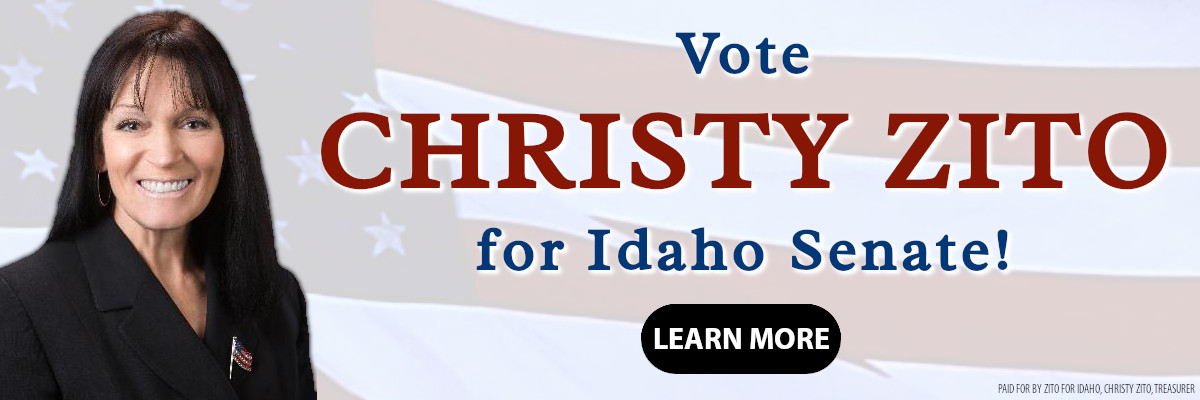
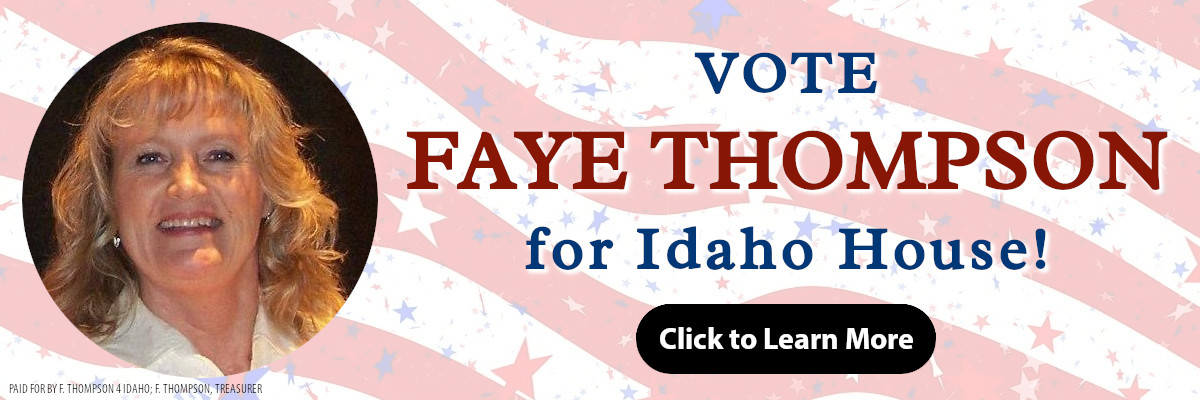
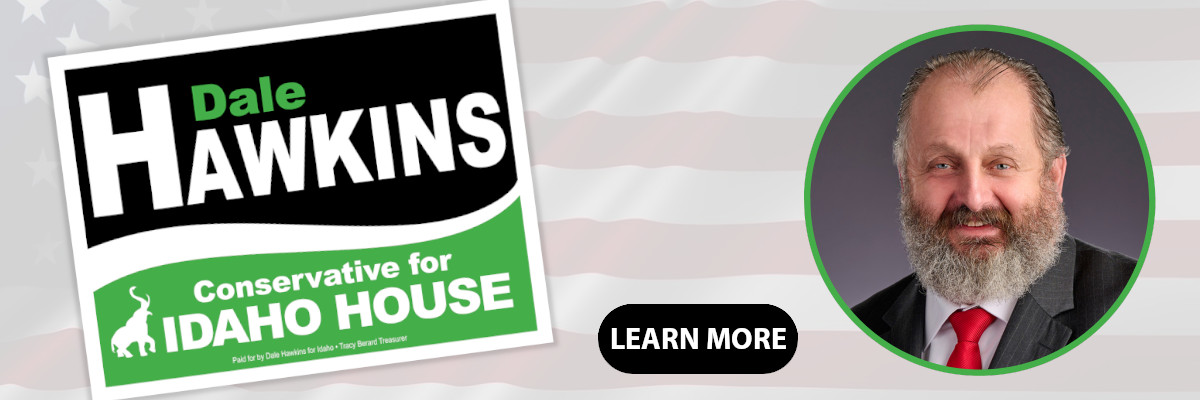

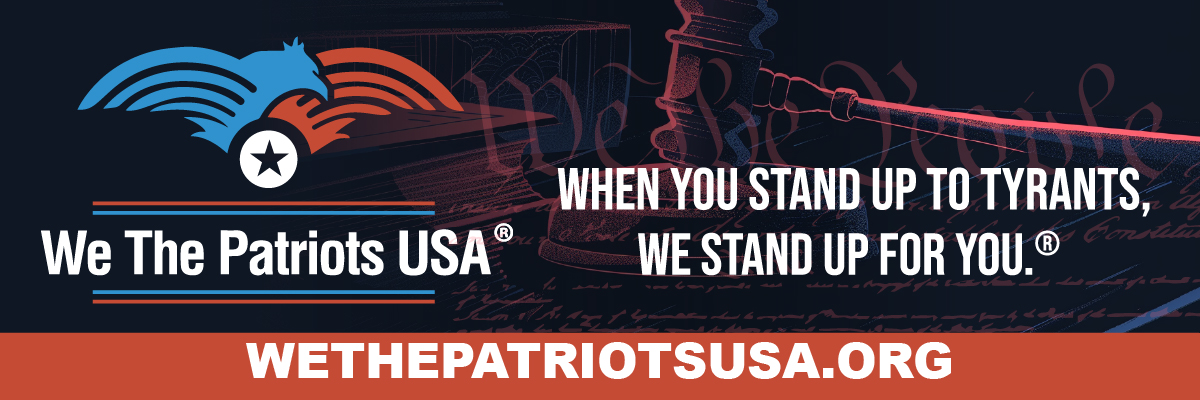


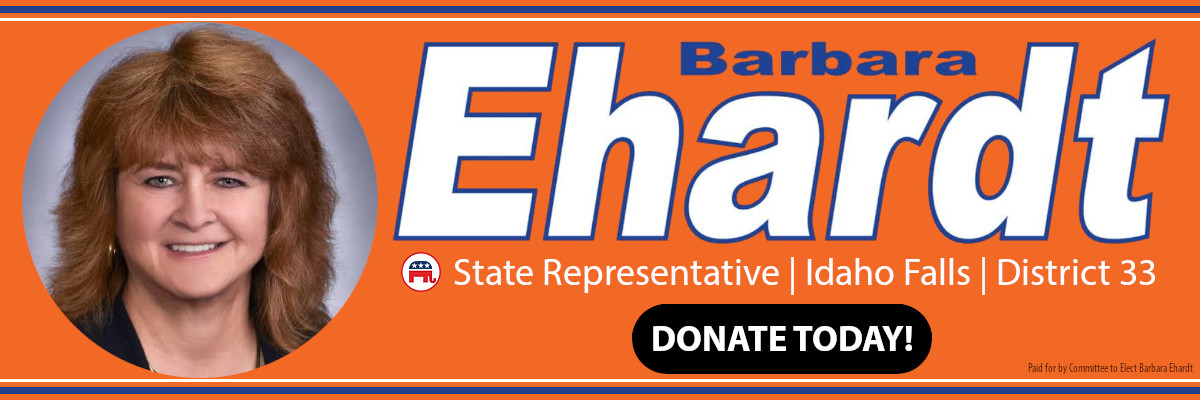
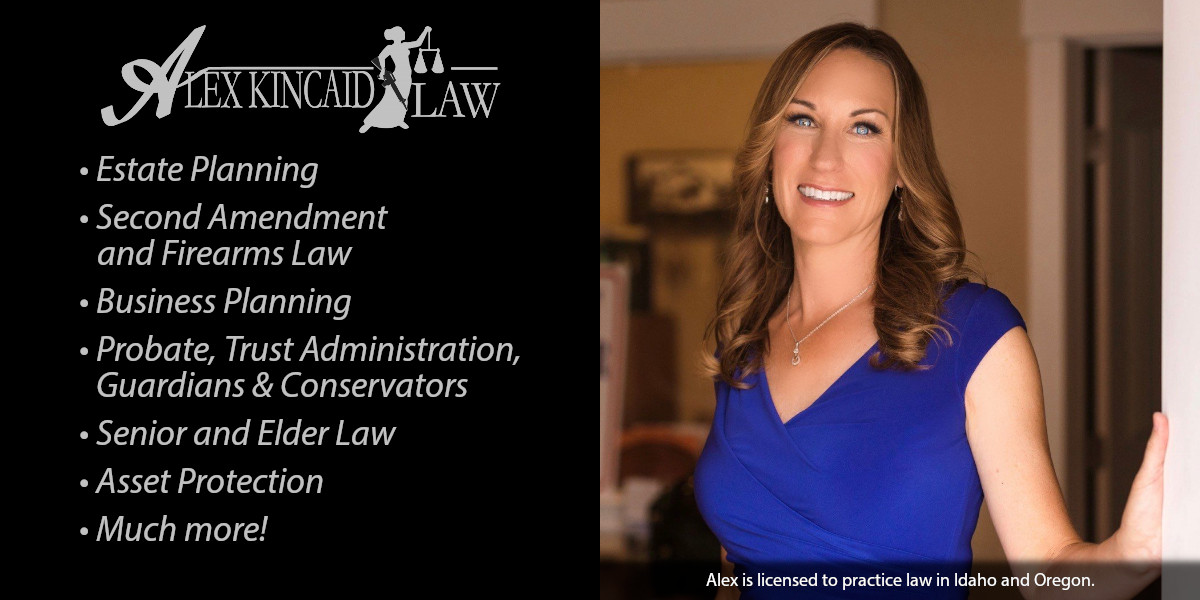






How do you guarantee to get away w/a scam like this? Have D.A. Wasden prosecute.
Never WON a case…is Wasden TRYING to start a new under ground criminal organization???